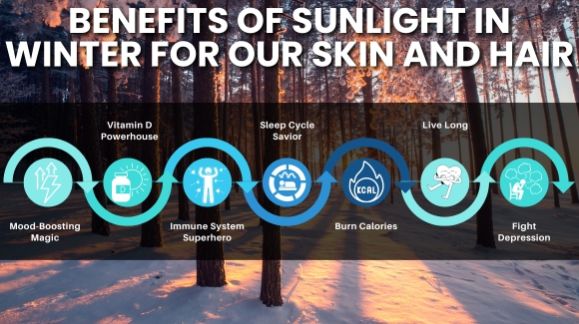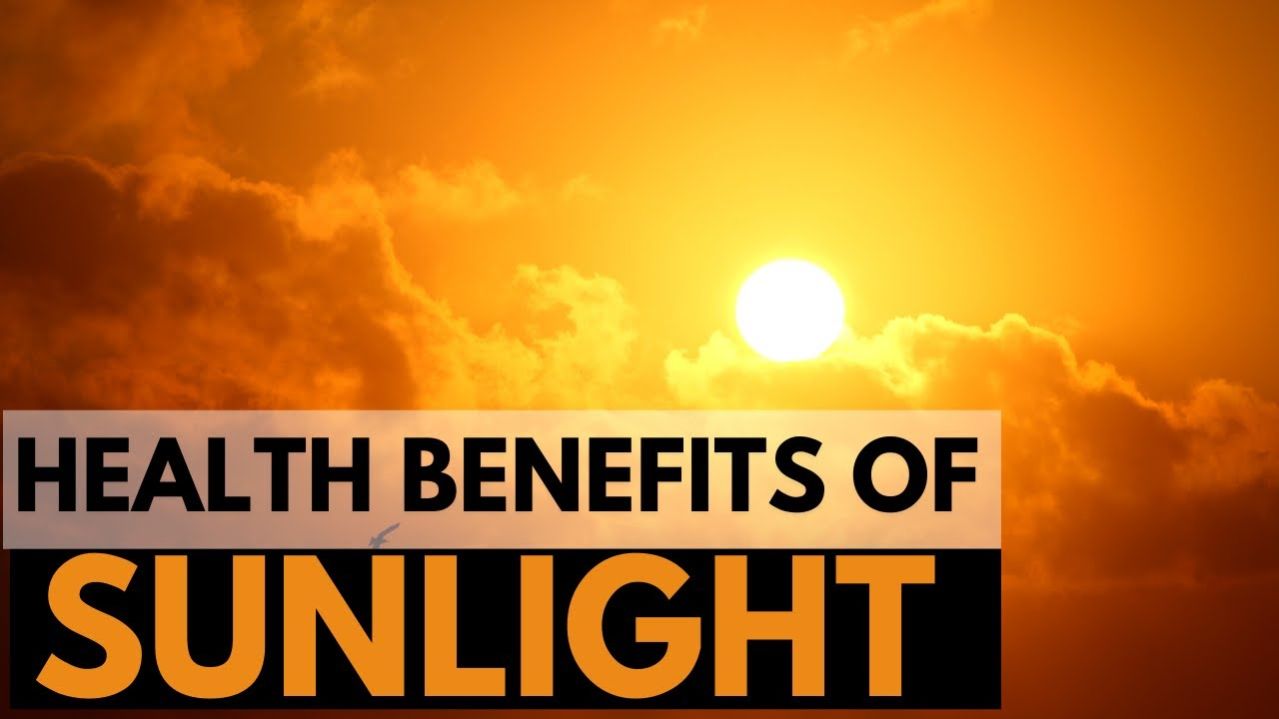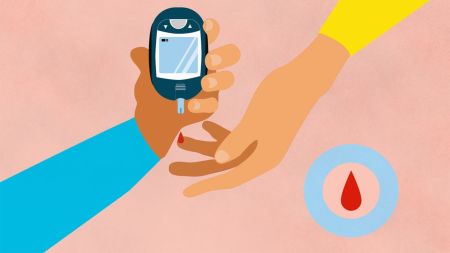Introduction: Benefits of Sunlight
Winter often brings cold temperatures and shorter days, but beneath the frosty climate lies a powerful source of vitality – sunlight. For a long time, the winter season was considered the season of illness and disease, but recent research suggests otherwise.
Benefits of Taking Sunlight |
|
|
1 |
Mood-Boosting Magic |
|
2 |
Vitamin D Powerhouse |
|
3 |
Immune System Superhero |
|
4 |
Sleep Cycle Savior |
|
5 |
Burn Calories |
|
6 |
Live Long |
|
7 |
Fight Depression |
Benefits of Sunlight In Winter For Our Skin And Hair
In this comprehensive guide, we'll learn about the countless benefits of sunbathing in winter. From improving your mood to strengthening your immune system, it's essential to understand the benefits of getting some winter sunshine during the cold months.

1. Burn Calories
This is probably the most exciting reason for most of you, so we've put it at the top of the list. This is true. Cold weather may have something to do with burning more calories. Cold weather makes our bodies burn more calories to keep warm.
As a result, your weight starts increasing, even if you are not underweight. To take calorie burn to the next level, try running or exercising in the cold, after taking the necessary precautions.
2. Understanding the Winter Sun's Influence on Mood and Mental Health
Beyond the physical, winter sunshine can work wonders for our emotional well-being. Shorter days and lack of sunlight can contribute to feelings of sadness and lethargy, known as seasonal affective disorder (SAD).
However, enjoying the winter sunshine can help combat these winter blues. Exposure to sunlight increases the production of serotonin, a neurotransmitter associated with feelings of happiness and well-being.
This natural mood elevator can significantly reduce SAD symptoms and make you feel more energetic and optimistic throughout the winter.
3. Enhancing Vitamin D Synthesis for Stronger Bones
One of the most important benefits of getting some sunlight in winter is the synthesis of Vitamin D. This sunshine vitamin plays an important role in strengthening bones, supporting the immune system, and promoting overall health. This essential nutrient, often called the “sunshine vitamin,” plays an important role in bone health, immune function, and mood regulation.
During winter, when exposure to sunlight naturally decreases, vitamin D deficiency becomes more common, potentially leading to fatigue, muscle weakness, and even increased susceptibility to infection.
But do not worry! Even brief exposure to winter sunlight can trigger vitamin D production in our skin, helping us maintain optimal levels throughout the colder months.
4. Improving Sleep Patterns for a Restful Winter
Your body produces a hormone called melatonin. This is important for your sleep, as your body starts producing it when it gets dark, so you'll usually feel sleepy two hours after sunset.
Studies show that one hour of natural light in the morning can help you sleep better. Sunlight regulates your circadian rhythm by telling your body to increase or decrease melatonin levels. Therefore, the more sunlight you have, the better your body will produce melatonin at bedtime.
5. Boosting Immunity Naturally
The winter months also see an increase in seasonal illnesses like colds and flu. but guess what? Winter sunshine can be your secret weapon in strengthening your immune defenses! However, studies have shown that cold temperatures strengthen the immune system.
Vitamin D, synthesized through sunlight, plays a vital role in regulating your immune system, enhancing its ability to fight off invading pathogens.
So, catching some winter rays not only boosts your mood but also helps you stay healthy and fight off those dreaded winter bugs.
6. Revitalizing Skin Health in the Winter Chill
In winter the skin often becomes dry and lifeless. Find out the benefits of getting some sunshine in the winter for your skin, as even a short exposure to sunlight stimulates the production of vitamin E, which contributes to a healthy complexion.
7. Fostering a Positive Outlook on Gloomy Days
It's not just in your mind. There is a scientific reason why the sun makes us feel good. Sunlight increases the levels of serotonin in your body, a chemical that improves your mood and helps you stay calm and focused.
Increasing exposure to natural light may relieve symptoms of seasonal affective disorder. This is a mood change that usually occurs in the fall and winter when the days are shorter.
8. Survive Longer In Sunlight
A follow-up study of 30,000 Swedish women found that those who spent more time in the sun lived 6 months to 2 years longer than those who spent less time in the sun. More research needs to be done in this area, but scientists are continuing to work.
Tips For Safe And Effective Winter Sunbathing:
Although it's beneficial to seek out winter sunshine, it's also important to do so safely. here are some tips:
-
Seek afternoon sun:
The sun's rays are strongest between 10 a.m. and 3 p.m., which maximizes vitamin D production.
-
Dress appropriately:
Dress warmly to stay comfortable, but keep your arms, face, or legs exposed to better absorb sunlight.
-
Don't forget sunscreen:
The sun's UV rays can damage your skin even in winter. Apply a broad-spectrum sunscreen with SPF 30 or higher.
-
Listen to your body:
Start with shorter sun exposure periods and gradually increase your tolerance. Avoid sunburn, which can be harmful to your skin.
FAQs About The Benefits of Getting Some Sunlight In Winter
Q1: How much sunlight is ideal during winter?
Aim for at least 15-30 minutes of sunlight exposure per day to reap the benefits without overexposing your skin.
Q2: Can I get enough Vitamin D through supplements alone?
While supplements can help, natural sunlight remains the most effective way to synthesize Vitamin D in the body.
Q2: What if I live in a cloudy region?
Even on cloudy days, outdoor light exposure can contribute to the benefits. Try to spend time outdoors when possible.
Q3: Are there any risks associated with winter sunlight exposure?
Moderation is key. Avoid prolonged exposure, especially during peak sunlight hours, to prevent skin damage.
Q4: Can sunlight exposure in winter help with seasonal depression?
Yes, regular sunlight exposure has shown positive effects in alleviating symptoms of seasonal affective disorder (SAD).
Q5: Is sunscreen necessary during winter sun exposure?
While sunscreen is crucial in summer, it's advisable to apply a moderate SPF to protect your skin during extended winter sun exposure.
Conclusion: Embrace the Winter Sun
Embracing the benefits of getting some sunshine in winter goes beyond the simple act of staying warm – it's about nurturing your physical and mental well-being.
From improving mood to supporting the immune system, the winter sun holds the key to a healthier, happier you. So, get outside, enjoy the lights, and let the winter sun be your ally on your journey to a vibrant life.







